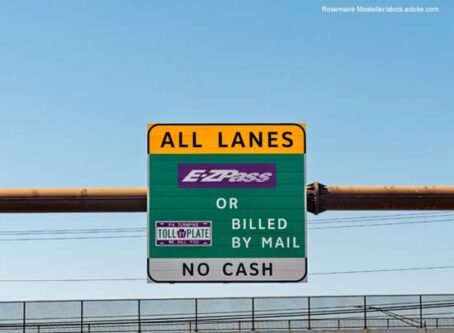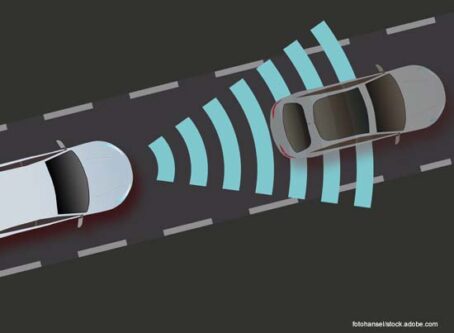OOIDA’s Matousek testifies on Maryland towing reform
The Owner-Operators Independent Drivers Association recently lent its voice to help establish protections for truck drivers involved in nonconsensual towing.
While it’s a nationwide issue, this specific legislation (SB613), a companion bill to HB487, has been proposed in Maryland, where nearly 7,000 OOIDA members reside.
Currently, there are no rules in Maryland to prevent companies from charging basically whatever they want for a nonconsensual tow, according to written testimony from OOIDA’s Director of State Legislative Affairs Mike Matousek.
Because of this, the only recourse in Maryland is to pay the bill or bond your equipment out and settle the matter in court.
Major provisions in SB613:
- Establishing a complaint process.
- Clarifying there is no lien on the truck, trailer or cargo.
- Regulating rates.
- Allowing motor carriers to select their service of choice, if it can be done safely or timely.
In addition to written testimony, Matousek provided in-person testimony supporting this Maryland reform legislation.
During his remarks, Matousek cleared up some of the gray areas in terms of what exactly constitutes a nonconsensual tow.
“The important part there is to consider all police dispatched tows, as a nonconsensual tow,” Matousek said. “What we’ve seen in other states when law enforcement will dispatch a tow company, and the tow company will have a consent form, they will try to get the driver to sign that to make it a consensual tow. Thus, the consumer protections that would otherwise apply, don’t apply if it’s a consensual thing.”
Whether you’re calling it a nonconsensual tow or a police-initiated tow, the important part is to say all police-initiated tows are nonconsensual and would have to comply with any rules enacted by the state, Matousek said.
“That’s the importance of the definition from my perspective,” Matousek said.
Matousek also addressed the inquiry of how to set a fair rate.
“When we get an invoice that we think is excessive, we’ll actually call that tow company,” Matousek said. “When we ask what their consensual rates are, they are actually quite a bit different. In some cases, they’re less than half of what they’re charging in a nonconsensual tow. We don’t dispute bills that we think are inflated by a few thousand dollars, we dispute bills that we think are inflated by tens of thousands of dollars. It’s a huge discrepancy between what should be charged and what some of these companies are charging.”
To contact your lawmakers about SB613 or other legislation affecting you, visit FightingForTruckers.com. LL









